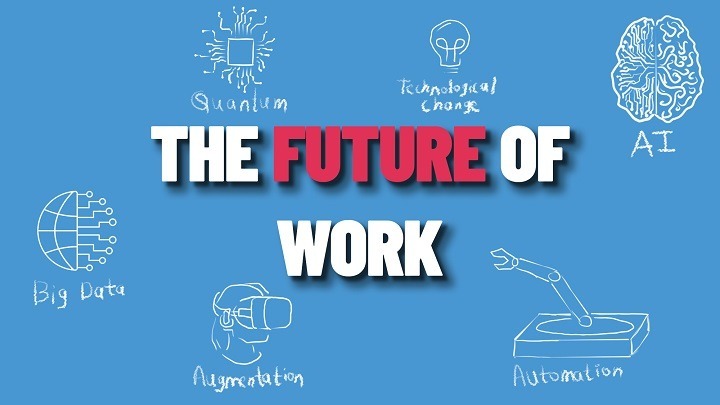The rapid advancement of technology, particularly in the fields of artificial intelligence (AI) and automation, is reshaping the landscape of work across industries. Coupled with the rise of the gig economy, these technological innovations are driving significant shifts in how we work, the types of jobs available, and the skills required to succeed in the future workplace. In this article, we will explore the implications of AI, automation, and the gig economy on the future of work and what individuals and organizations can do to adapt and thrive in this changing environment.
The Rise of Artificial Intelligence and Automation
Automation in the Workplace
Automation, powered by AI and machine learning algorithms, is revolutionizing various aspects of work, from routine tasks to complex decision-making processes. Automation technologies can streamline repetitive tasks, increase efficiency, and reduce errors, allowing employees to focus on higher-value activities that require creativity, critical thinking, and emotional intelligence. As a result, the nature of work is evolving, with a greater emphasis on skills that are uniquely human and difficult to automate.
Impact on Job Roles and Skills
The proliferation of AI and automation is reshaping job roles and skill requirements across industries. While some routine tasks may become obsolete due to automation, new roles will emerge that require expertise in areas such as data analysis, programming, cybersecurity, and AI development. Additionally, there will be a growing demand for soft skills such as communication, collaboration, adaptability, and problem-solving, which are essential for navigating complex and rapidly changing work environments.
The Emergence of the Gig Economy
Flexibility and Independence
The gig economy, characterized by short-term, freelance, and contract-based work arrangements, is experiencing exponential growth thanks to advances in technology and changing attitudes towards work. Platforms such as Uber, Airbnb, and Upwork have democratized access to work opportunities, enabling individuals to earn income on their own terms and leverage their skills and expertise in a flexible and independent manner. The gig economy offers workers the freedom to choose when, where, and how much they work, providing greater autonomy and work-life balance.
Challenges and Opportunities
While the gig economy offers numerous benefits, including flexibility and autonomy, it also presents challenges such as income instability, lack of benefits, and job insecurity. Additionally, the gig economy raises questions about labor rights, worker protections, and social safety nets in the absence of traditional employer-employee relationships. However, it also provides opportunities for individuals to pursue multiple income streams, gain diverse experiences, and develop a portfolio career that aligns with their interests and lifestyle preferences.
Navigating the Future of Work
Lifelong Learning and Upskilling
To thrive in the future workplace, individuals must embrace a mindset of lifelong learning and continuous upskilling. As technology evolves and job roles change, acquiring new skills and staying abreast of emerging trends is essential for remaining competitive and future-proofing one’s career. This may involve pursuing formal education, participating in online courses and training programs, attending workshops and conferences, and seeking mentorship and career guidance.
Embracing Adaptability and Resilience
In an era of rapid technological change and economic uncertainty, adaptability and resilience are key traits for success in the future of work. Individuals must be willing to embrace change, pivot their careers, and explore new opportunities as they arise. This may require stepping out of one’s comfort zone, taking calculated risks, and learning from setbacks and failures. By cultivating a growth mindset and developing resilience, individuals can navigate uncertainty with confidence and agility.
Conclusion
The future of work is being shaped by AI, automation, and the gig economy, ushering in a new era of opportunities and challenges for individuals and organizations alike. Embracing technological innovation, adapting to changing work paradigms, and cultivating essential skills and competencies are crucial for thriving in this evolving landscape. By staying agile, resilient, and committed to lifelong learning, individuals can seize the opportunities of the future workplace and build fulfilling and sustainable careers in the digital age.

